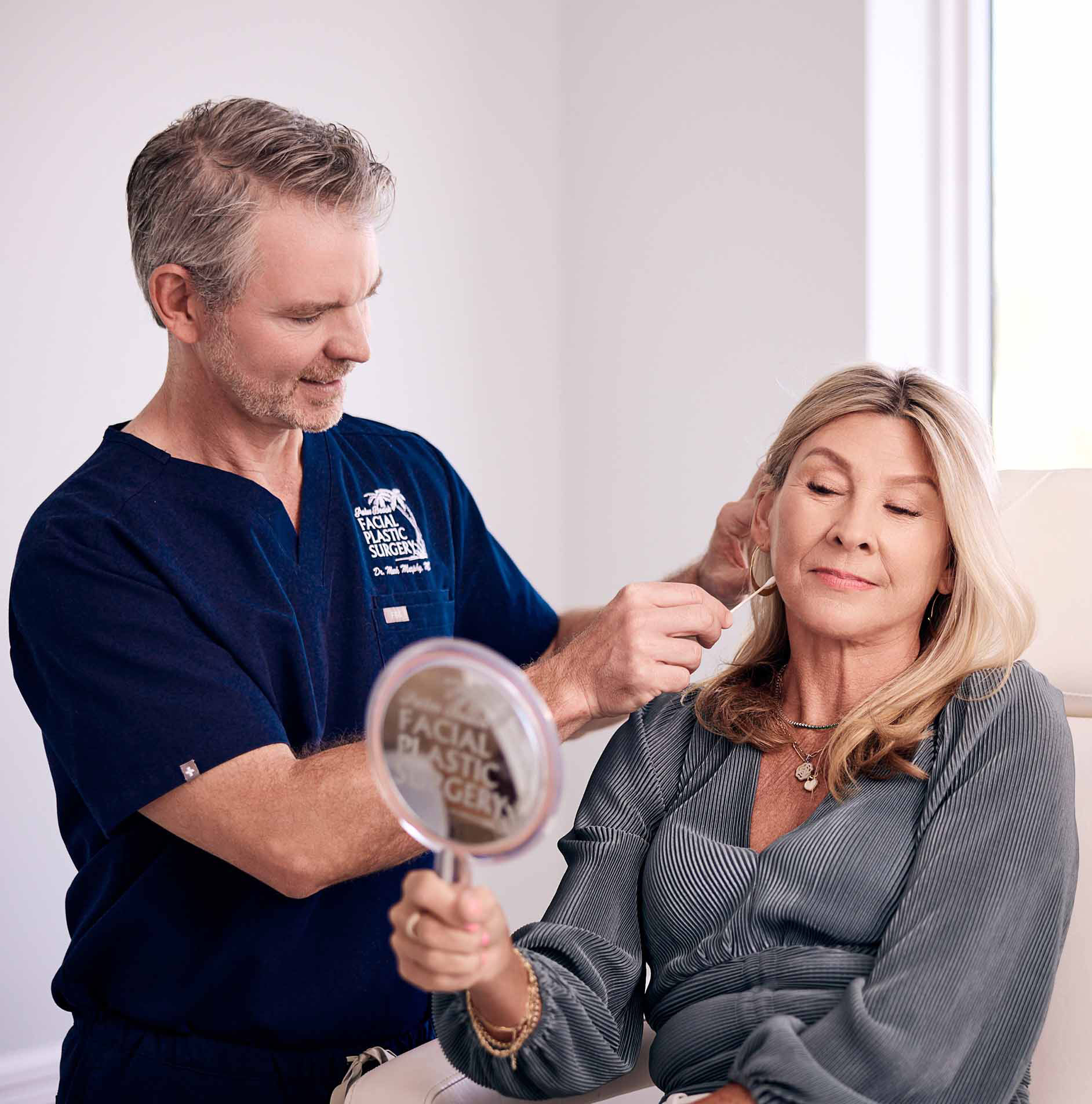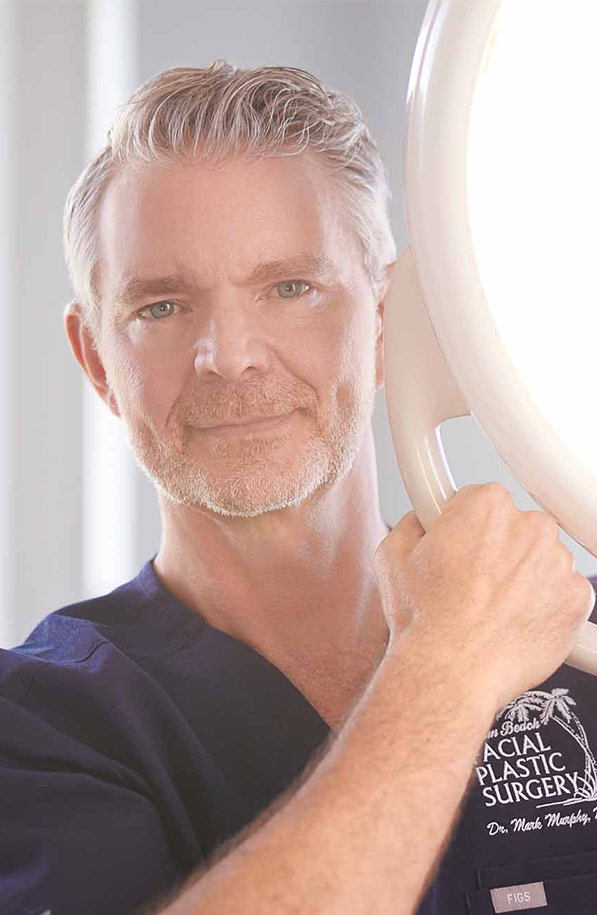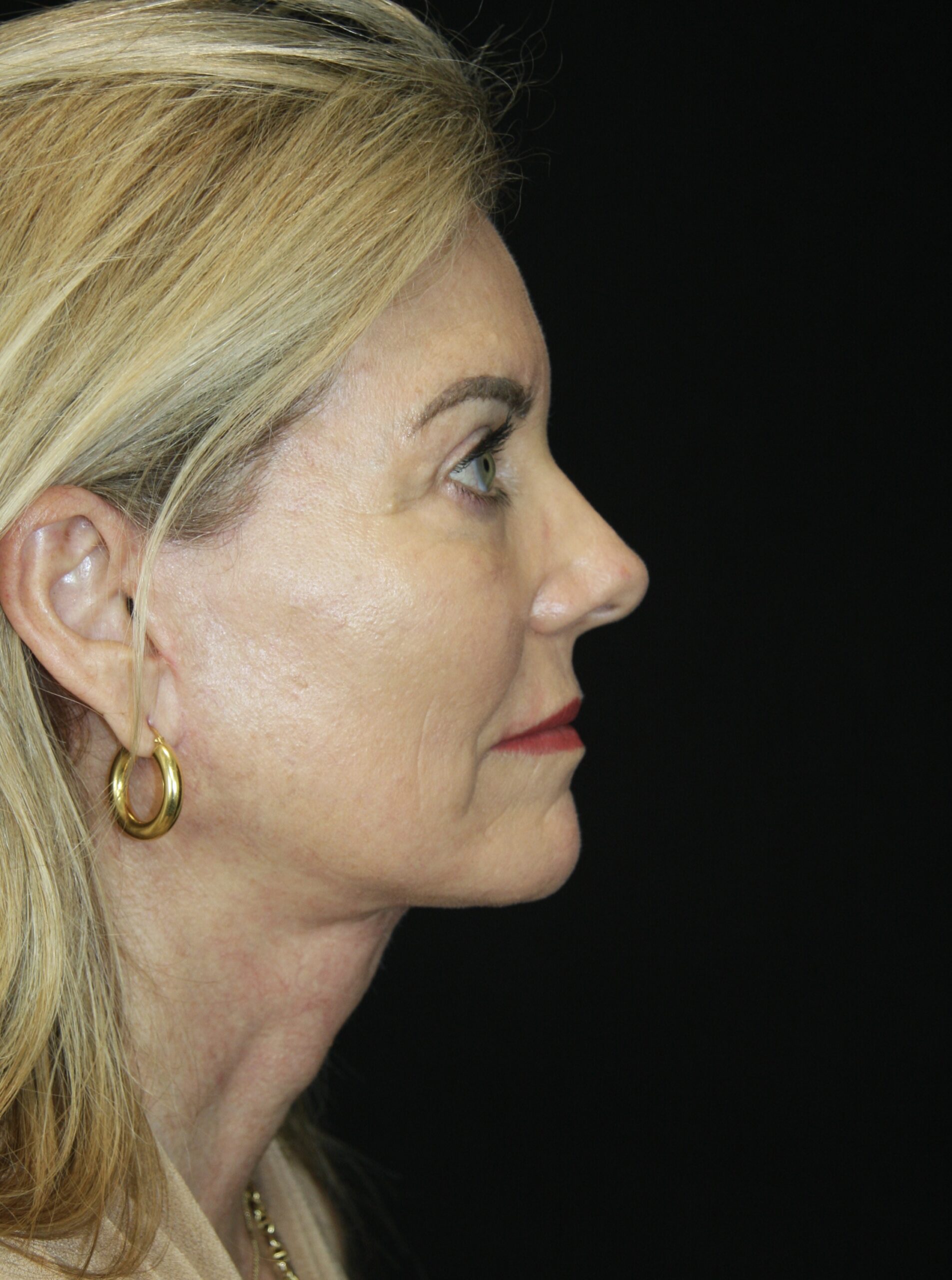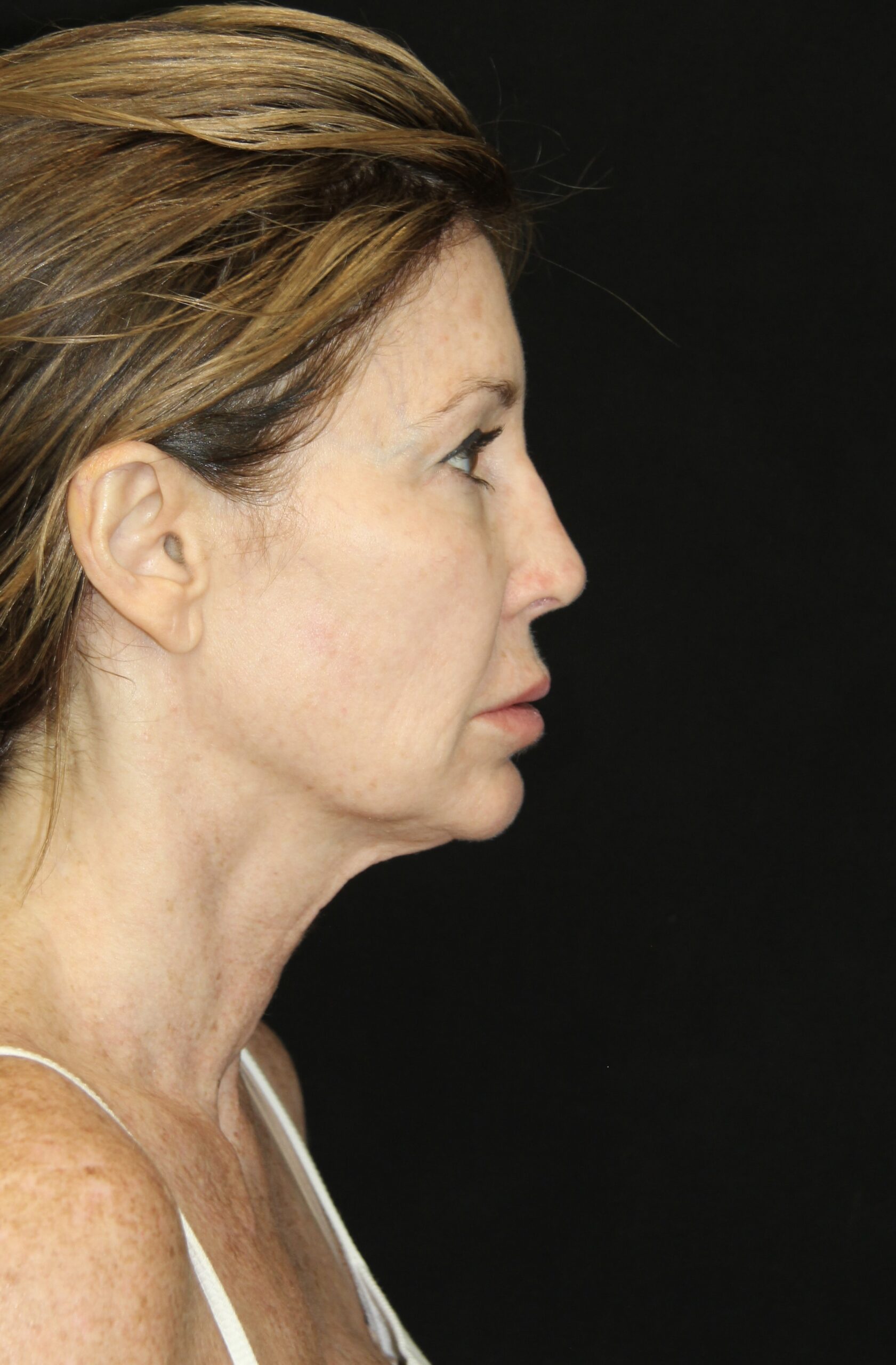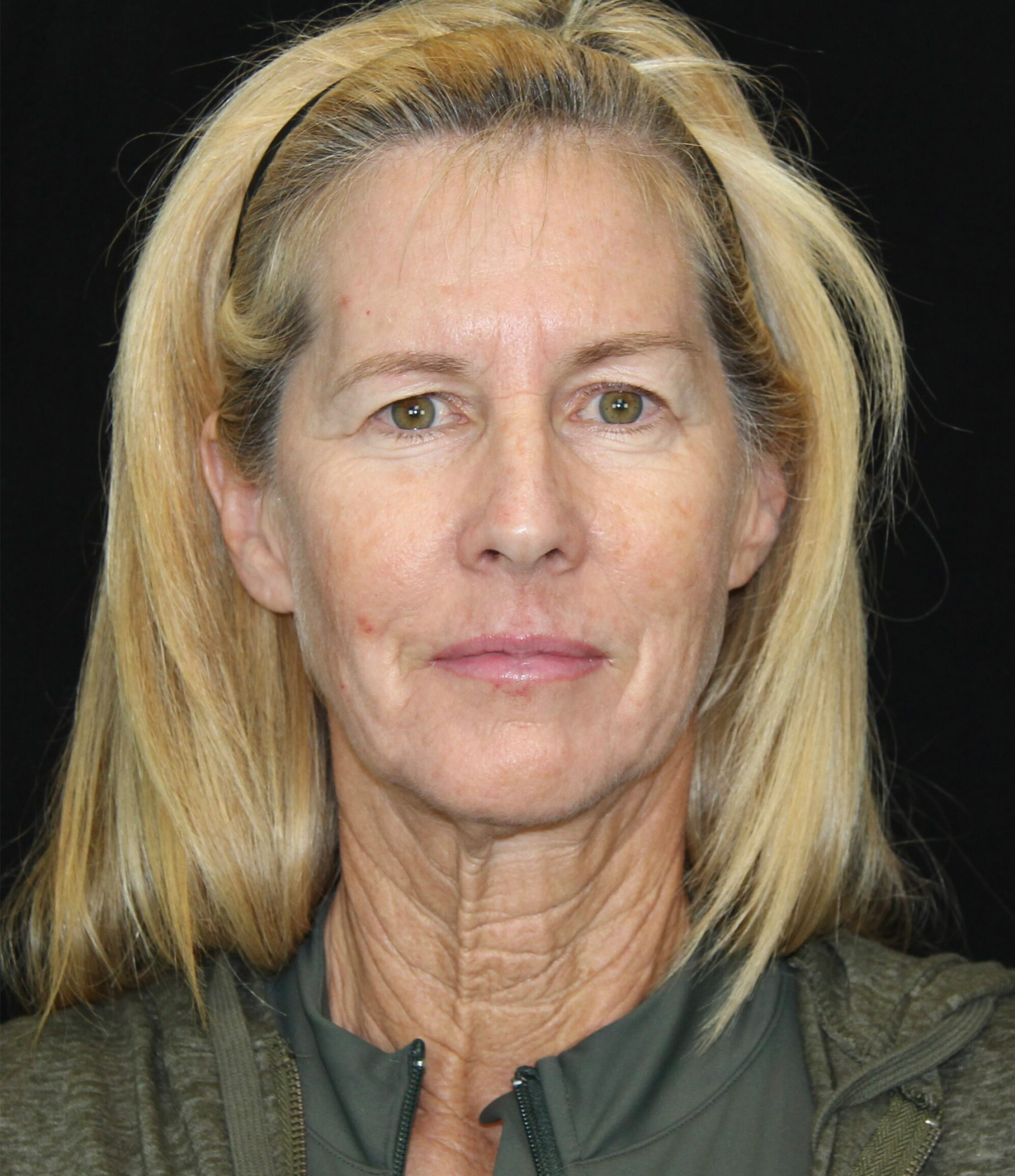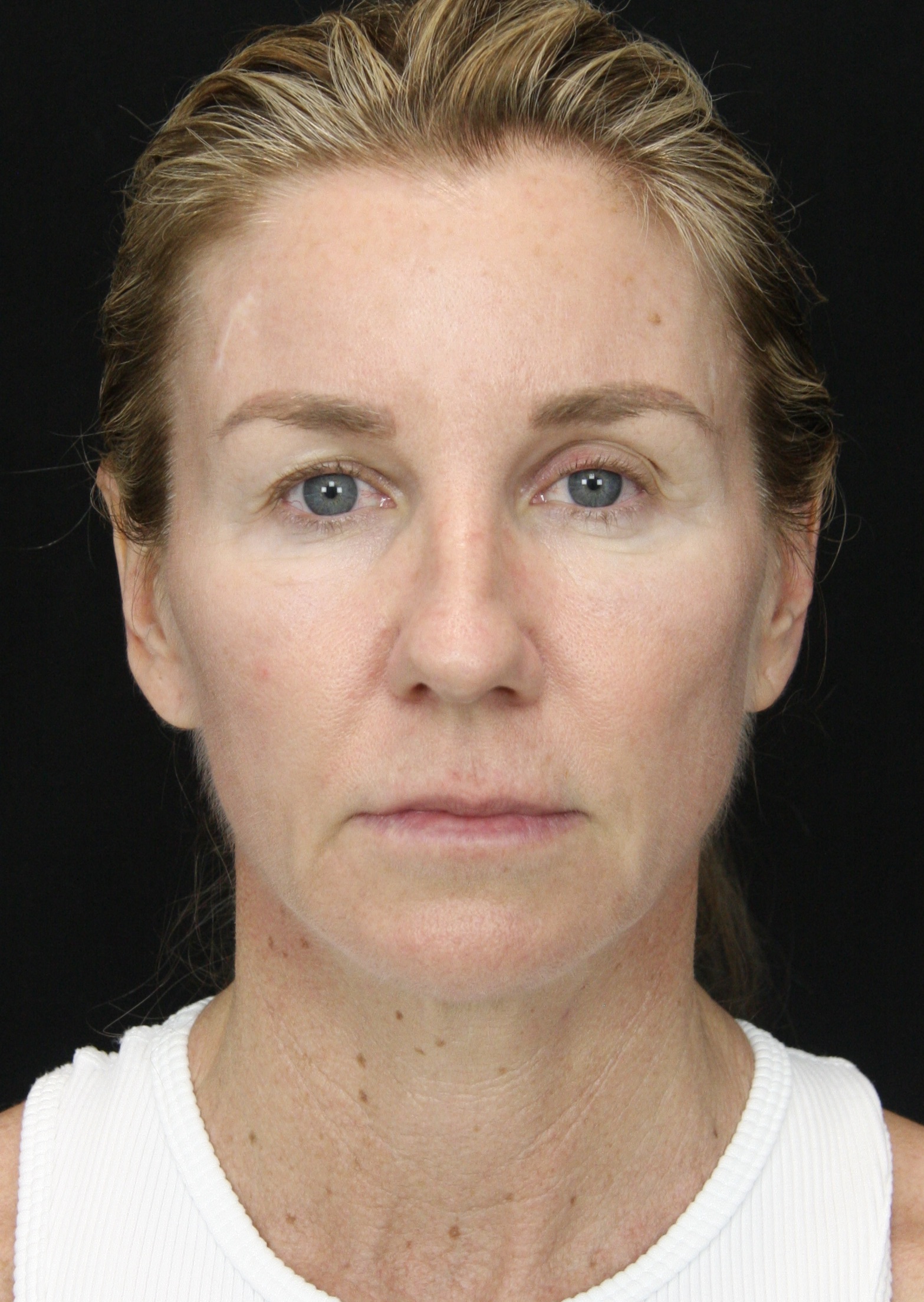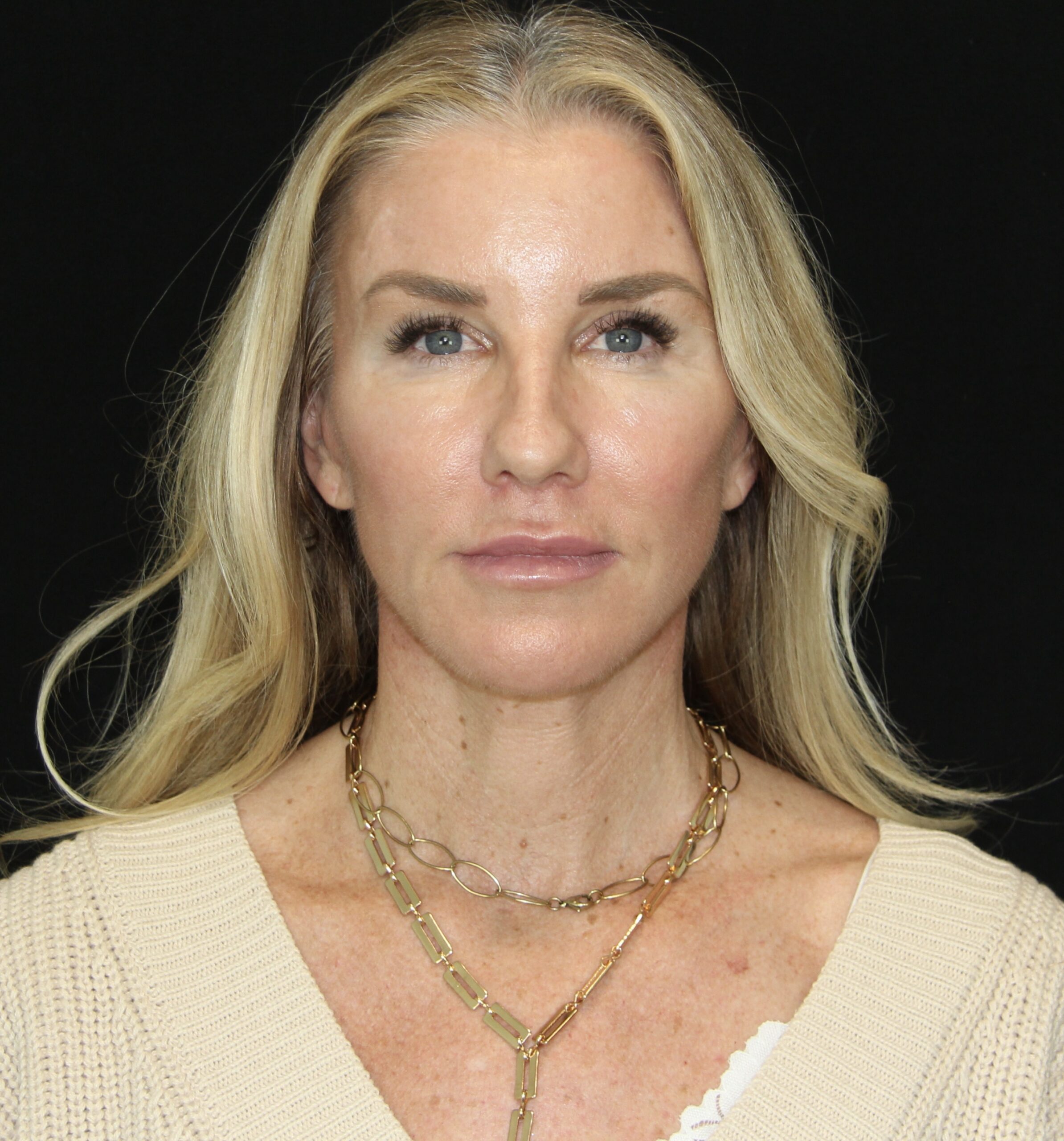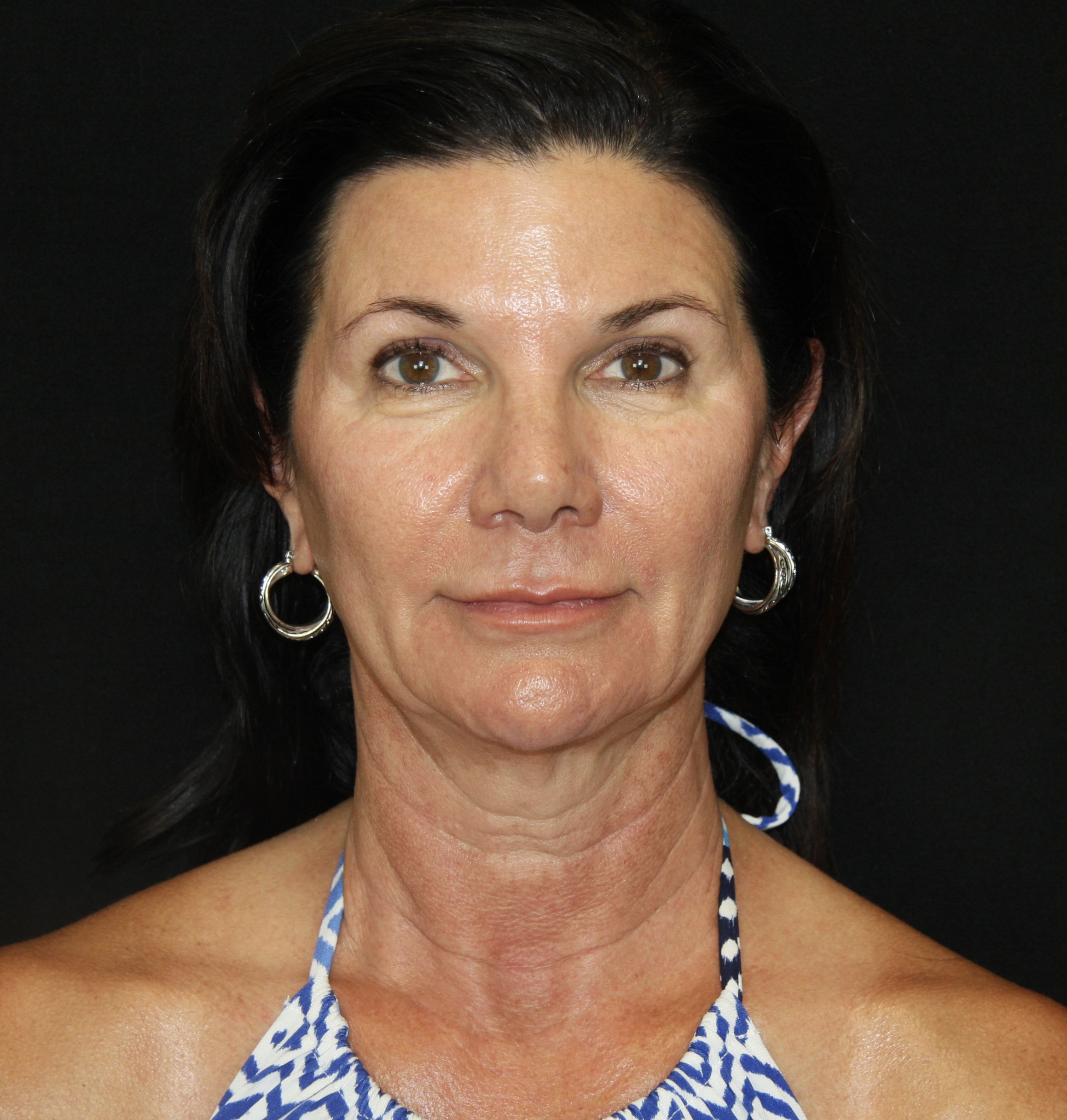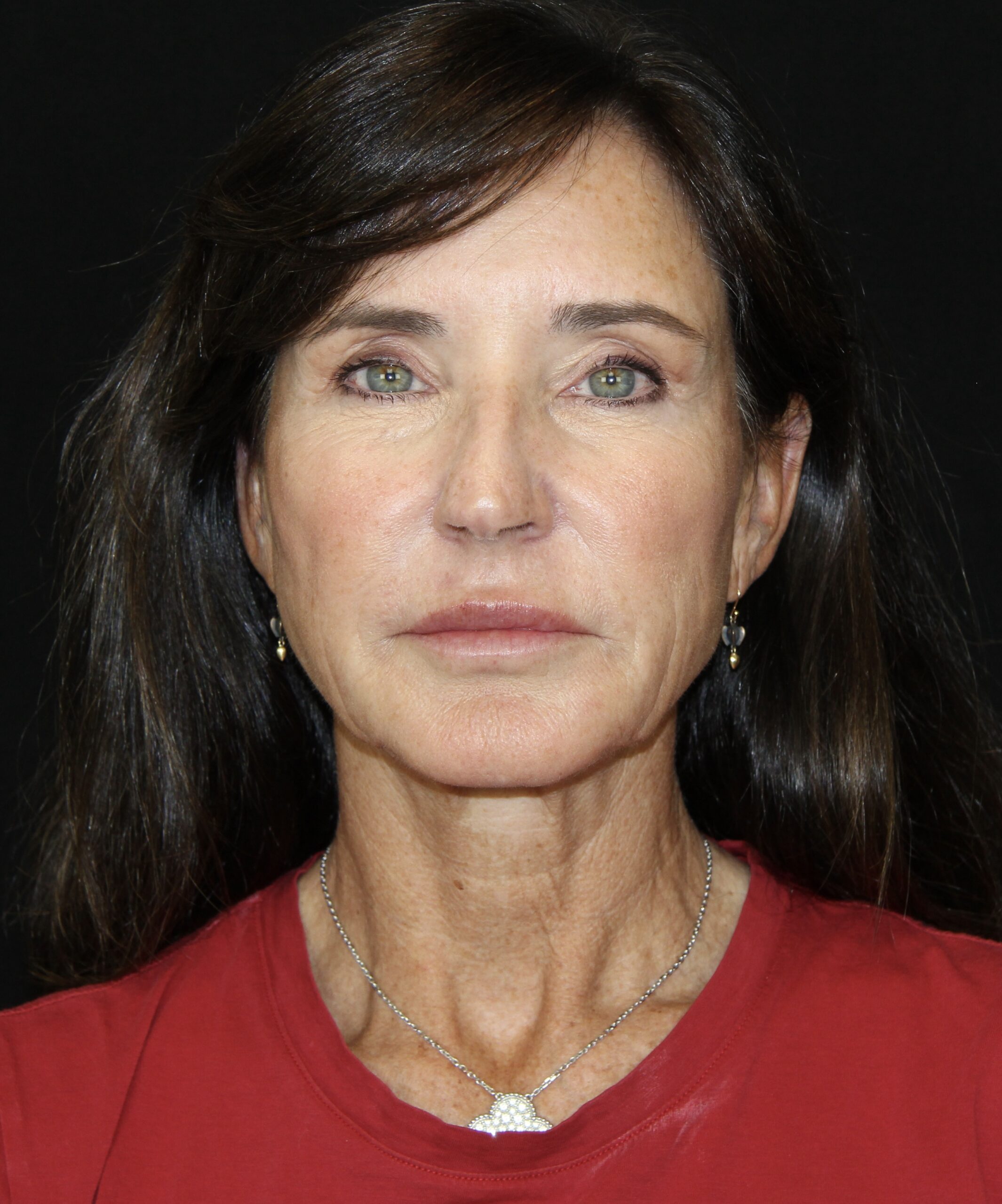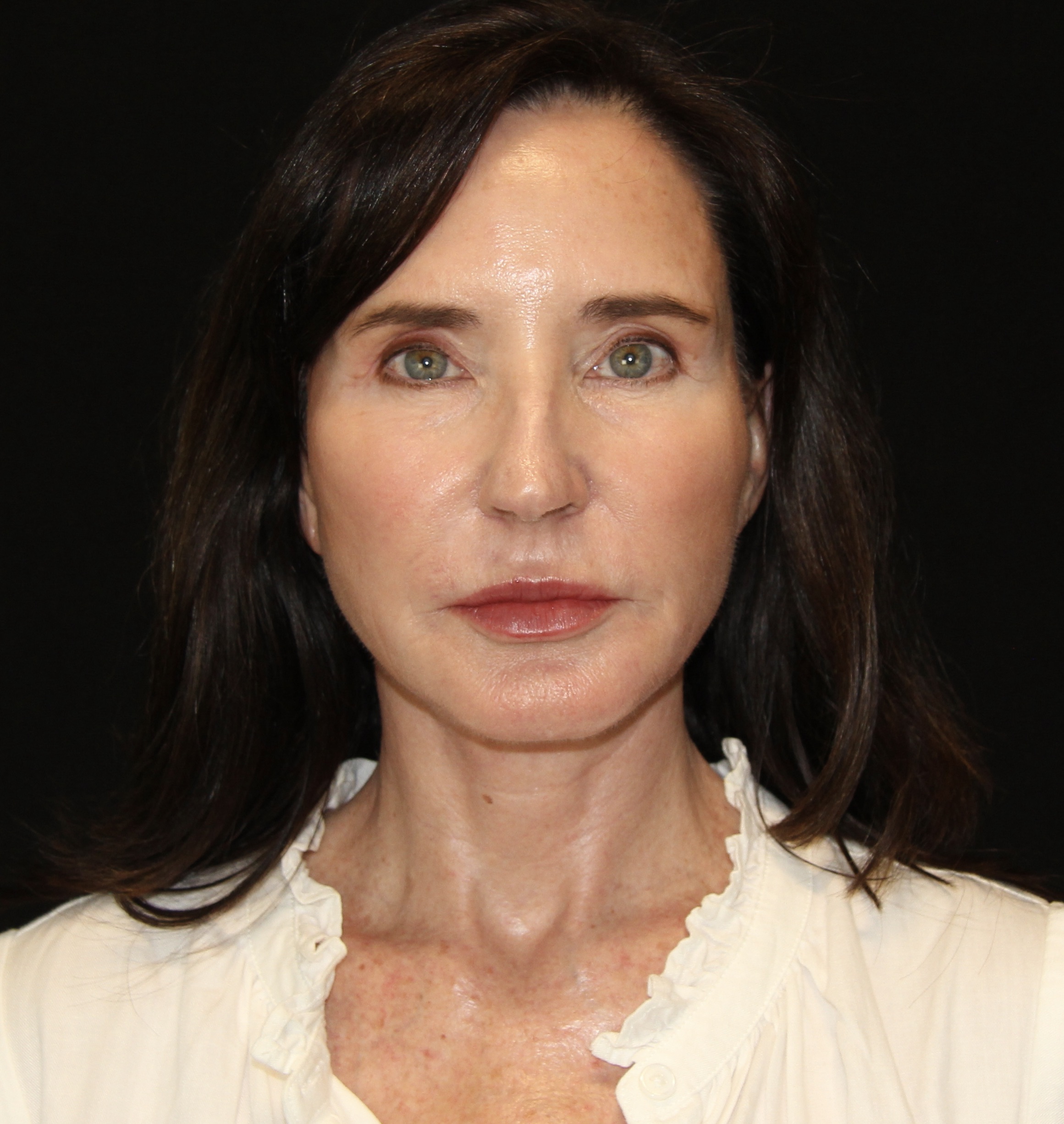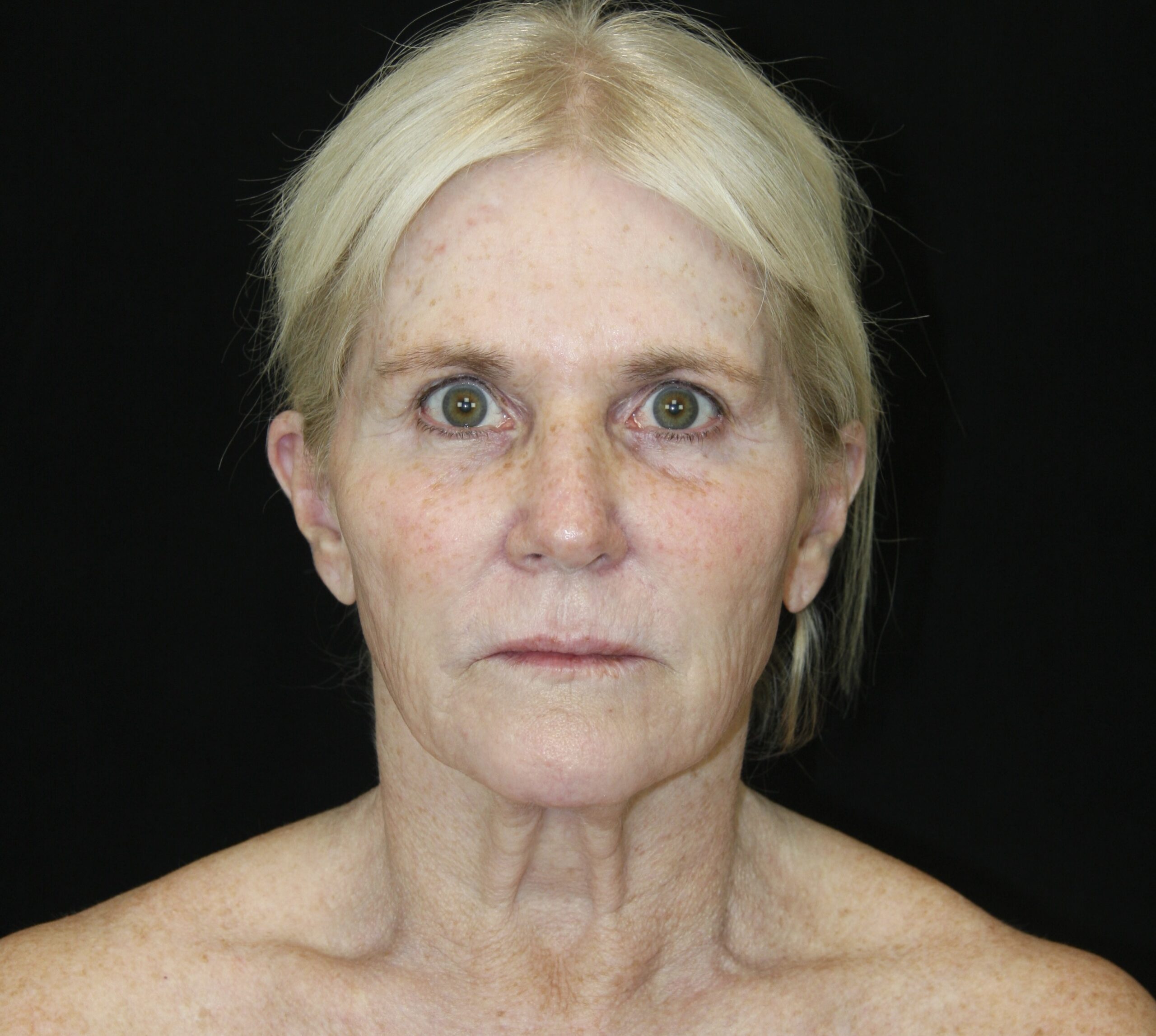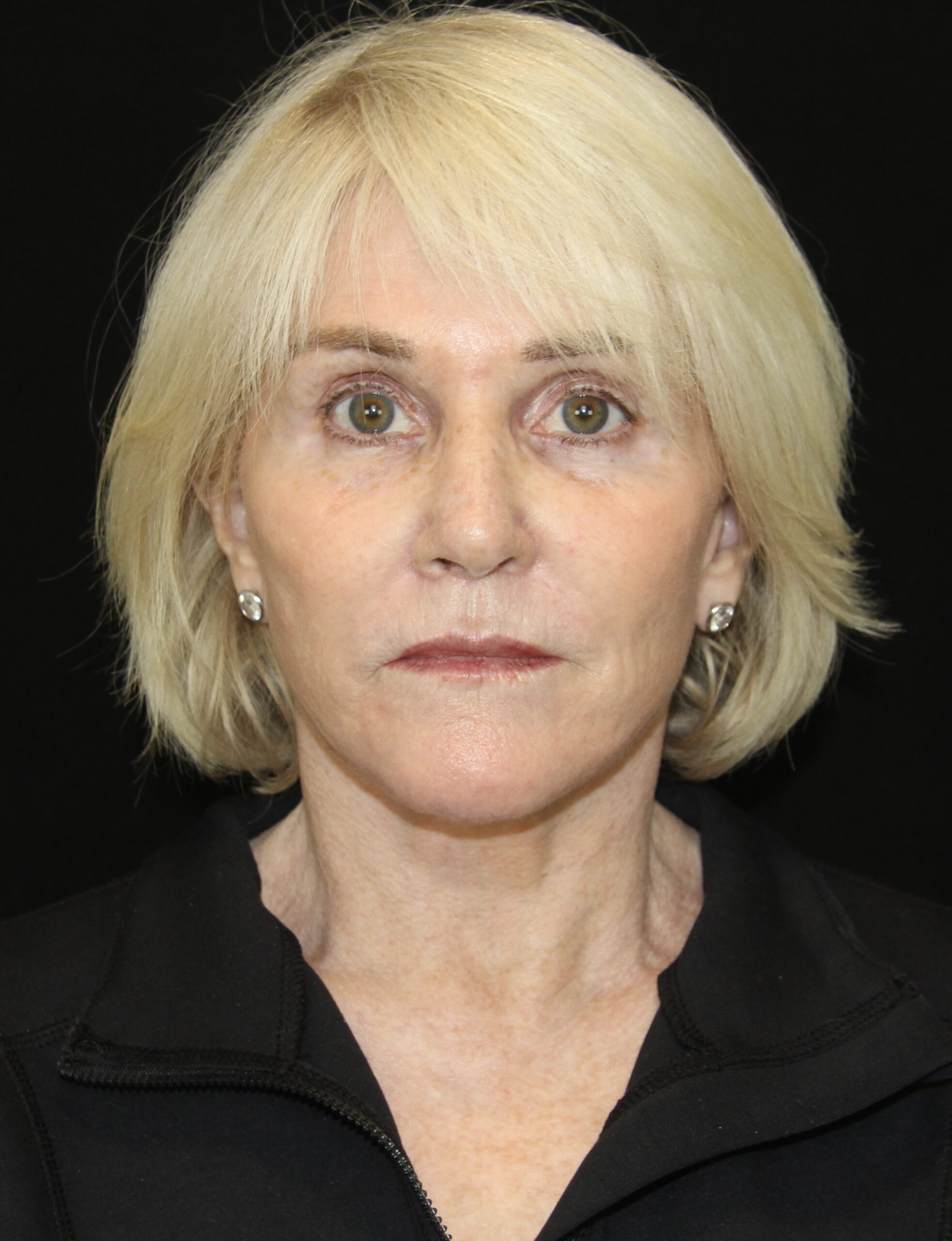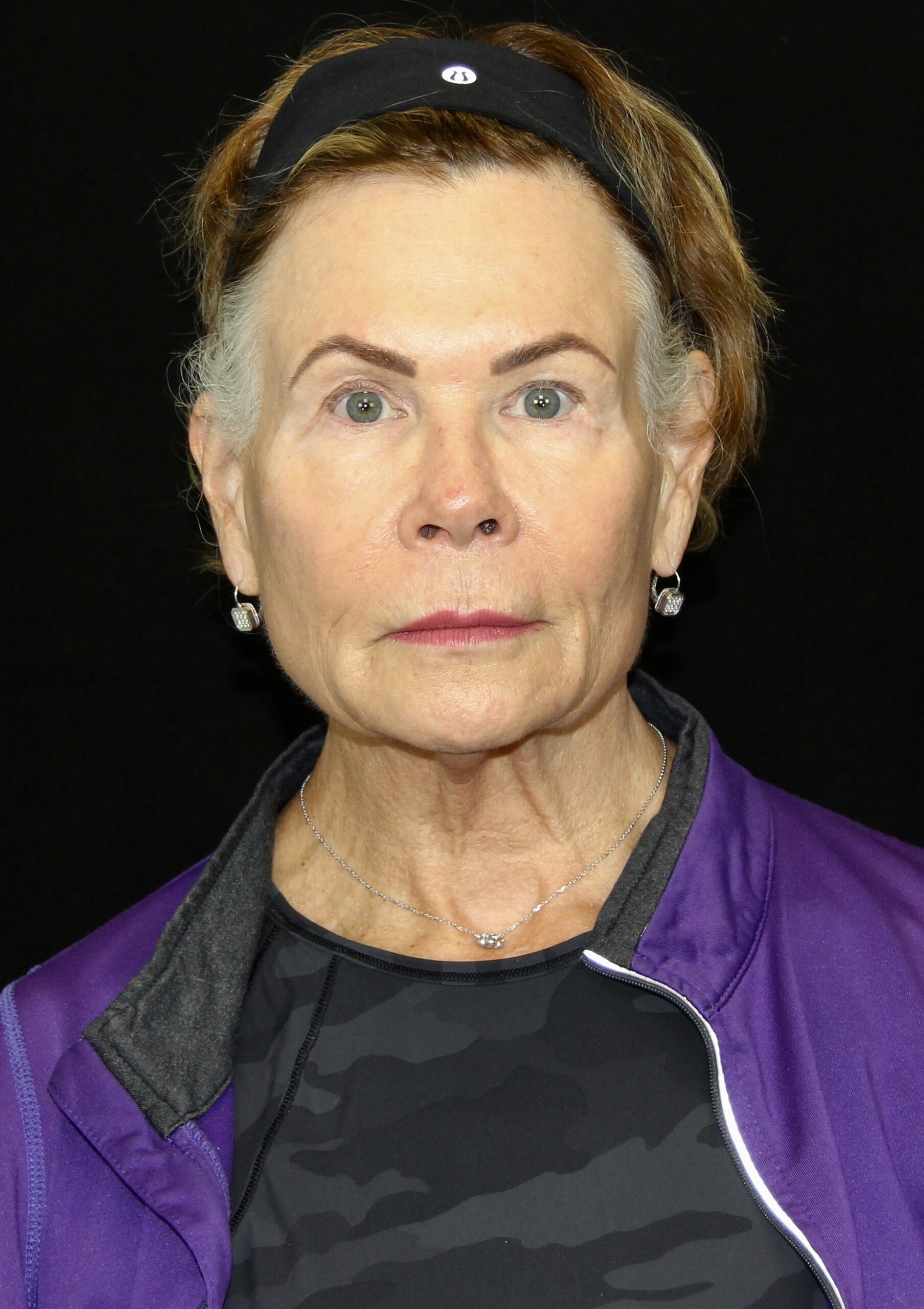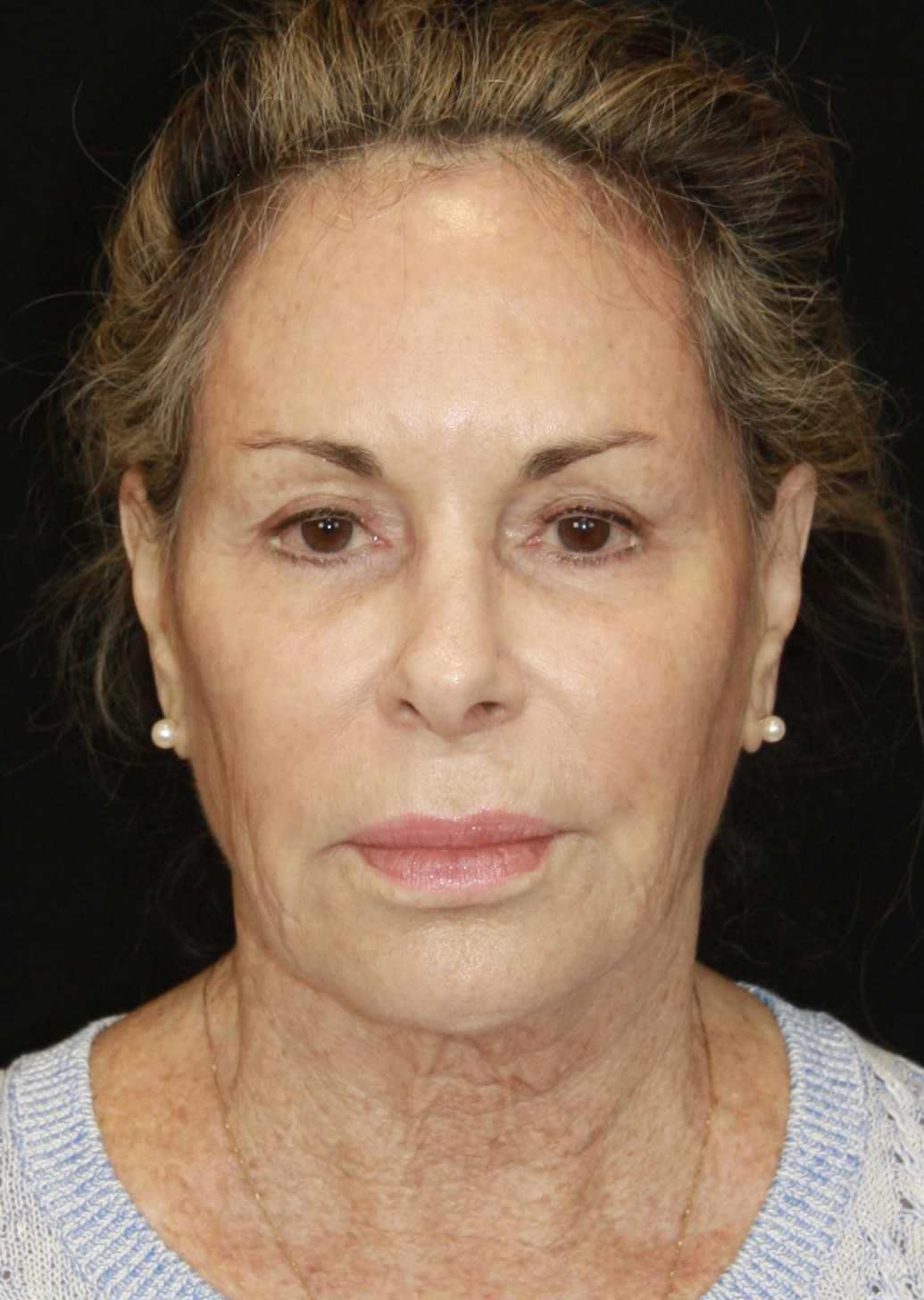What are the Do's and Don’ts after the ELÉVOLVE procedure?
In order to heal properly, do rest and keep a clean, healthy diet. Small walks to keep your circulation moving is important. Minimizing facial movements is also important in the first week to prevent straining facial muscles or ligaments.
How should I prepare for ELÉVOLVE?
All patients are required to have pre-admission testing which includes medical clearance, blood work, and EKG to ensure each patient is fit for surgery and does not have any medical conditions that would interfere. We also recommend maintaining a healthy diet avoiding foods high in sodium as this will produce more swelling. Stopping all NSAID products and alcohol should be completed two weeks prior to surgery. All patients begin taking Vitamin C one month prior to surgery to help maintain a healthy immune system.
Is ELÉVOLVE painful?
Every patient is given pain medication for post-operative care. Our patients do very well following their cosmetic procedure with most discontinuing pain medication just a few short days after surgery.
How soon after ELÉVOLVE can I exercise?
After 6-8 weeks, you can return to full activities and strenuous exercise such as golfing, running, and lifting weights.
What type of anesthesia will I receive for ELÉVOLVE?
Intravenous sedation is used for the Elevolve procedure. This is the same type of anesthesia used for a colonoscopy. Compared to general anesthesia used in traditional facelift surgeries, it is much easier on the patient in terms of recovery and comes with fewer possible complications.
Is ELÉVOLVE a facelift surgery?
Elevolve goes beyond a traditional facelift surgery and instead incorporates the neck lift to enhance the natural contours of the neck and lower face, as well. This means it can more effectively reduce a double chin and excess fat, jowls, sagging skin on the neck, and more. This unique surgical technique also allows for other procedures to smooth fine lines, remove excess skin, and create a natural result in the upper face, too.
What is a deep plane facelift?
Simply put, a deep plane facelift surgery is one of the most extensive types of facelift surgery. Unlike the traditional facelift, it goes further down into the facial tissues to manipulate the layer called the superficial musculoaponeurotic system. By restoring this layer to its natural, upright position, it can produce significant results. Additionally, this procedure may also include a neck lift to address concerns in the neck area.
What incision patterns are used with ELÉVOLVE?
Dr. Murphy will choose an incision depending on a variety of factors. Incision sites are always carefully chosen to be easily concealed, and shorter incisions are used to produce the least noticeable result possible.
